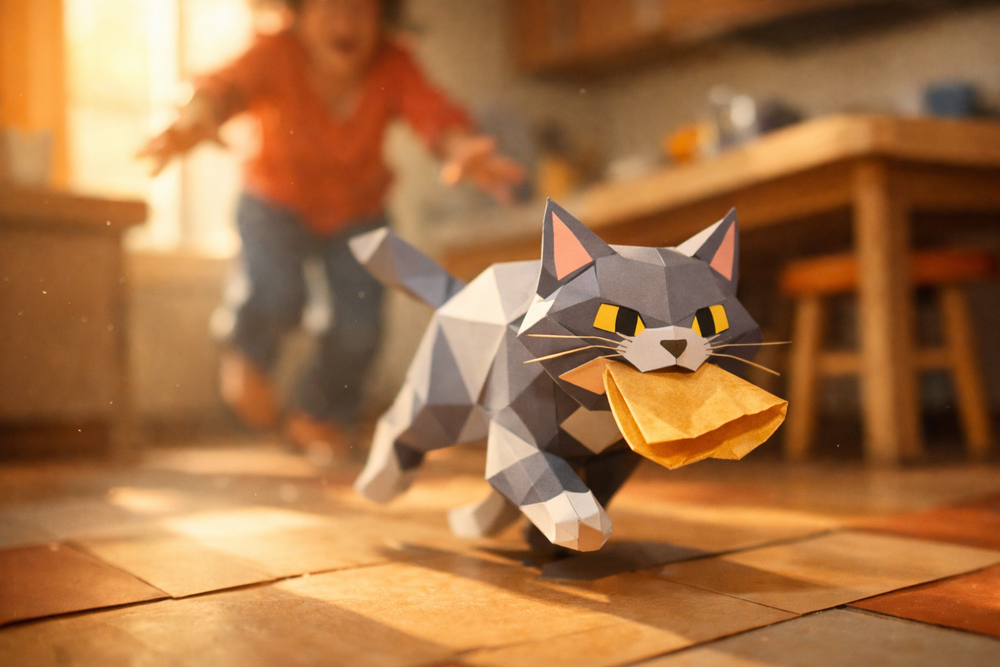OpenAI’s o3-mini-high model is a powerful tool for structured reasoning, but when it comes to creativity, the results are mixed. It isn’t incapable of generating creative ideas, but its approach to storytelling tends to be more analytical than imaginative. This means it can be useful in certain aspects of the creative process—such as structuring plots, maintaining consistency, and expanding on ideas—but it may struggle when spontaneity, emotional depth, or unique artistic expression are required.
One of the biggest challenges with AI-generated creativity is originality. o3-mini-high, like most AI models, is trained on vast amounts of data, which means it recombines existing patterns rather than inventing something truly new. Writers looking for fresh, unexpected ideas might find its responses predictable or overly structured. It’s excellent at generating coherent and logical stories, but that same strength can become a weakness when a narrative needs surprising twists, unconventional storytelling styles, or poetic language.
That said, o3-mini-high isn’t completely devoid of creative potential. It can brainstorm interesting concepts when given the right prompts and guidance. For example, if a writer needs inspiration for a unique setting, the model can generate detailed descriptions and background lore. However, its suggestions often lean toward what makes sense rather than what feels artistically compelling. It might produce a well-thought-out magic system for a fantasy world but struggle to infuse it with the kind of mystical wonder that makes such worlds feel alive.
Where it tends to fall flat is in capturing the subtleties of human expression. Emotionally rich storytelling requires an understanding of things like subtext, pacing, and the weight of personal experience—areas where AI is still limited. While o3-mini-high can generate dialogue, it often lacks the natural flow and nuance of human conversation. Similarly, its attempts at writing deeply emotional scenes can feel hollow, as if it understands the mechanics of emotion but not the true experience of it.
So, is o3-mini-high good for storytelling? It depends on what a writer needs. If the goal is to ensure that a story makes logical sense, follows a strong structure, and remains internally consistent, then it can be a valuable tool. But if a writer is looking for something that captures the raw, unfiltered magic of human creativity, then it still has a long way to go. AI can assist in storytelling, but it doesn’t replace the human spark that makes stories truly resonate.






